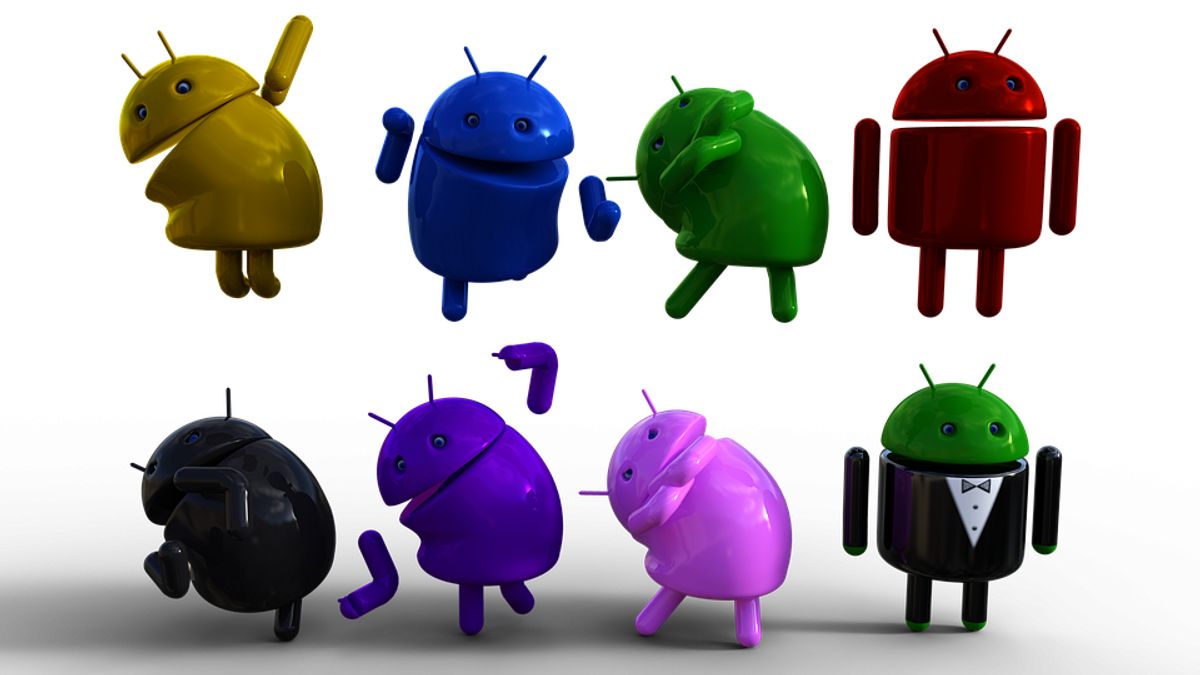JAKARTA - Google said on Wednesday January 25 that it will allow device makers in India to license its individual apps for pre-installation and give users the option to select their default search engine. This is how they make big changes to the way they promote their Android system.
The move comes after India's Supreme Court upheld a strict antitrust ruling last week. The decision overruled Google's objection to a decision by the Indian Competition Commission which said Google was abusing its market position, and ordered it to change the way Android systems are marketed in the Indian market.
Google also made several changes to its in-app billing system, which was at the heart of another recent Indian antitrust decision in which the company was found to be engaging in anti-competitive practices by restricting the use of third-party billing or other payment processing services.
"Implementation of these changes across the ecosystem will be a complex process and will require our hard work and, in many cases, significant efforts from partners, original equipment manufacturers (OEMs) and developers," Google said in a blog post.
Google is concerned about Android's decision in India because the directive is seen as broader than that imposed in the European Commission's landmark 2018 decision on the operating system.
According to Counterpoint Research estimates, roughly 97% of the 600 million smartphones in India run on Android, while in Europe, the system accounts for 75% of the 550 million smartphones there.
CCI ruled in October that Google, which is owned by Alphabet Inc, was exploiting its dominant position on Android and asked it to remove restrictions on device makers, including those related to app pre-installation and ensuring its search exclusivity. They also fined Google 161 million US dollars (Rp 2.4 trillion).
Google has previously lobbied India's Supreme Court hoping to reject implementation of the CCI directive and warned that the growth of its Android ecosystem would be halted because of it. The reason they were forced to change the settings where there are more than 1,100 device manufacturers and thousands of application developers must be served if the order is enforced.
But India's Supreme Court refused to block the decision as requested by Google. The court also said the lower court, where Google first rejected the decision on Android could continue to hear the company's appeal and should decide by March 31.
SEE ALSO:
"We continue to respectfully appeal certain aspects of the CCI decision," Google said in a statement.
U.S. search giant it also says it is updating its Android compatibility requirements to introduce changes for partners to build incompatible Android variants.
In Europe, Google was fined for imposing what the European Commission called unlawful restrictions on Android mobile device makers. Google is still resisting a record $4.3 billion fine in that case.
Regarding in-app billing, Google said it will start offering users preferred billing for all apps and games starting next month which will help developers offer the option to choose an alternative system with Google when purchasing in-app digital content.
The English, Chinese, Japanese, Arabic, and French versions are automatically generated by the AI. So there may still be inaccuracies in translating, please always see Indonesian as our main language. (system supported by DigitalSiber.id)


















